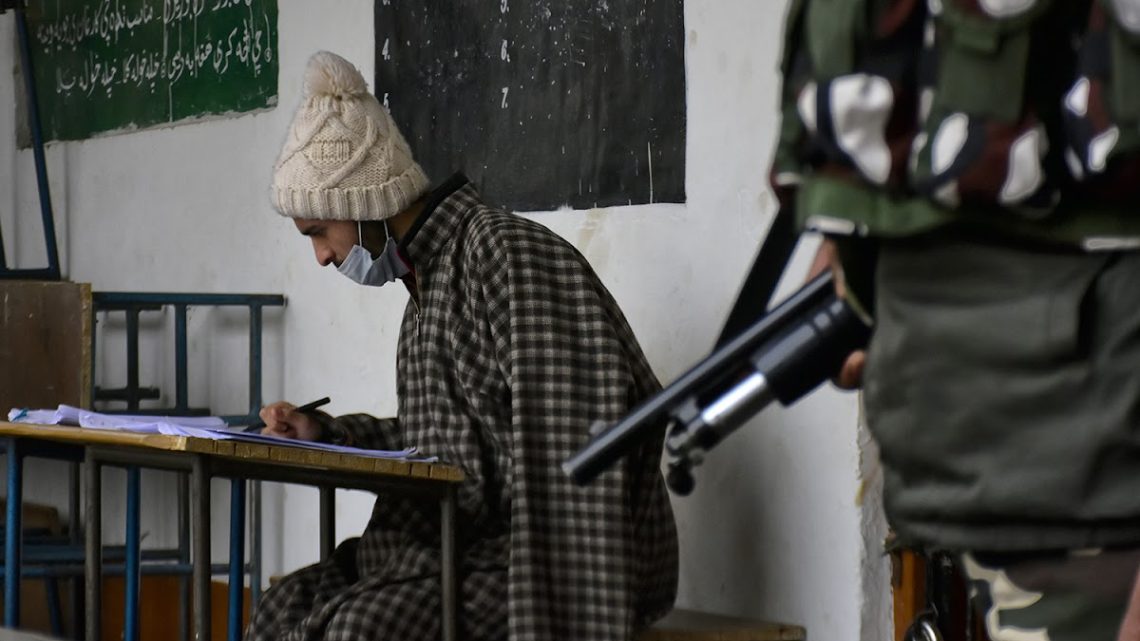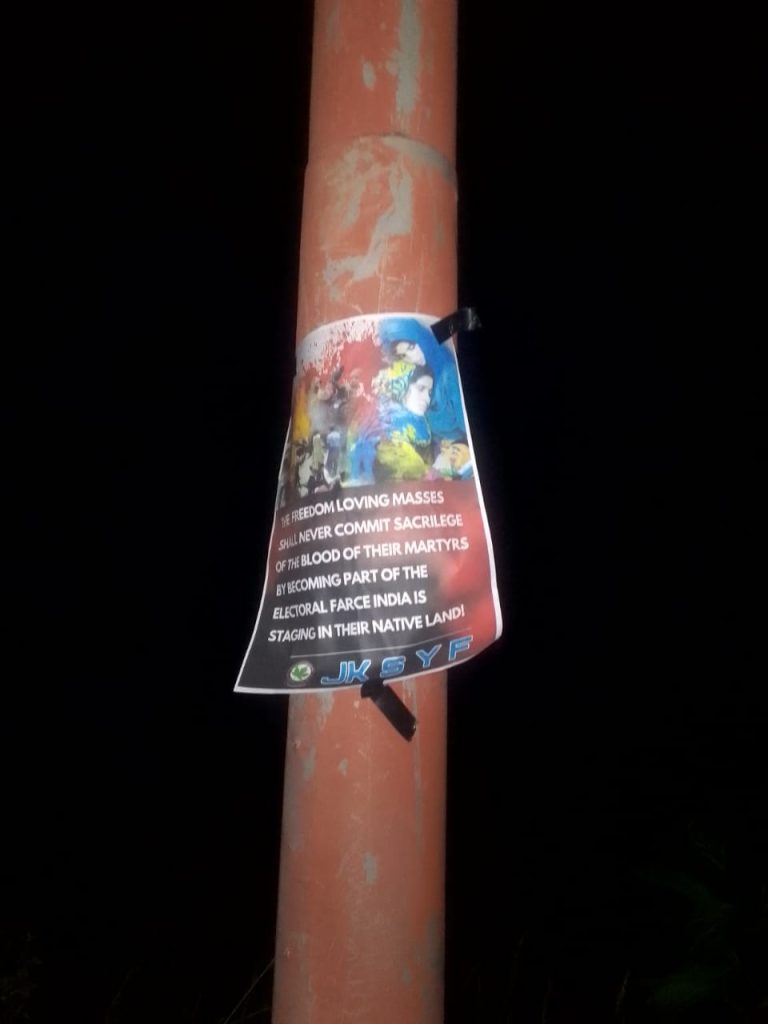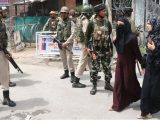
Illusions of Democracy: The Farcical Elections in IIOJK
September 18, 2024The first phase of elections in Indian Illegally Occupied Jammu and Kashmir (IIOJK) has ignited widespread criticism. Many experts and local observers describe the electoral process as a “farce,” likening it to a mere “military drill.”
Over a million Indian troops oversee these elections, raising significant concerns about their integrity. Analysts argue that the electoral framework is rigged to benefit pro-India parties through strategic reforms and gerrymandering. This manipulation effectively dilutes Muslim representation in the region.
New Delhi’s attempts to legitimize its occupation through these staged elections have faced sharp criticism. Many Kashmiris advocate for a UN-sanctioned plebiscite instead of these manipulated polls, reflecting a strong desire for genuine self-determination. The recent granting of voting rights to non-residents further complicates the political landscape, raising alarms about Kashmir’s future.

Kashmiri leaders have overwhelmingly boycotted the elections, denouncing them as a tactic to legitimize Indian control. They assert, “These elections are a sham, aimed at diverting attention from our struggle for self-determination.” This sentiment underscores a growing frustration among locals regarding the political process.
Experts warn that the elections could deepen divisions within the region, heightening tensions between Kashmiris and the Indian government. Political analysts caution that these elections threaten to unravel the very fabric of Kashmir’s identity, potentially leading to further unrest.
The Modi government’s electoral strategies appear designed to normalize the controversial 2019 abrogation of Kashmir’s special status. Such tactics only serve to deepen the discontent among Kashmiris, who seek recognition and respect for their rights.
In this context, it’s crucial for the global community to recognize the realities of India’s occupation. Supporting the Kashmiri demand for self-determination is essential for a lasting resolution to the conflict.
The ongoing electoral charade in IIOJK highlights the urgent need for international awareness and intervention. It is imperative that outside observers assess the legitimacy of these elections and advocate for the rights of the Kashmiri people.
As the situation unfolds, the call for a genuine democratic process resonates louder. Only a transparent and fair electoral framework can pave the way for peace and reconciliation in Kashmir.
To conclude, the so-called elections in Jammu and Kashmir are not only flawed but also serve as a distraction from the underlying struggle for autonomy. Acknowledging this reality is crucial for any meaningful dialogue about the region’s future.

